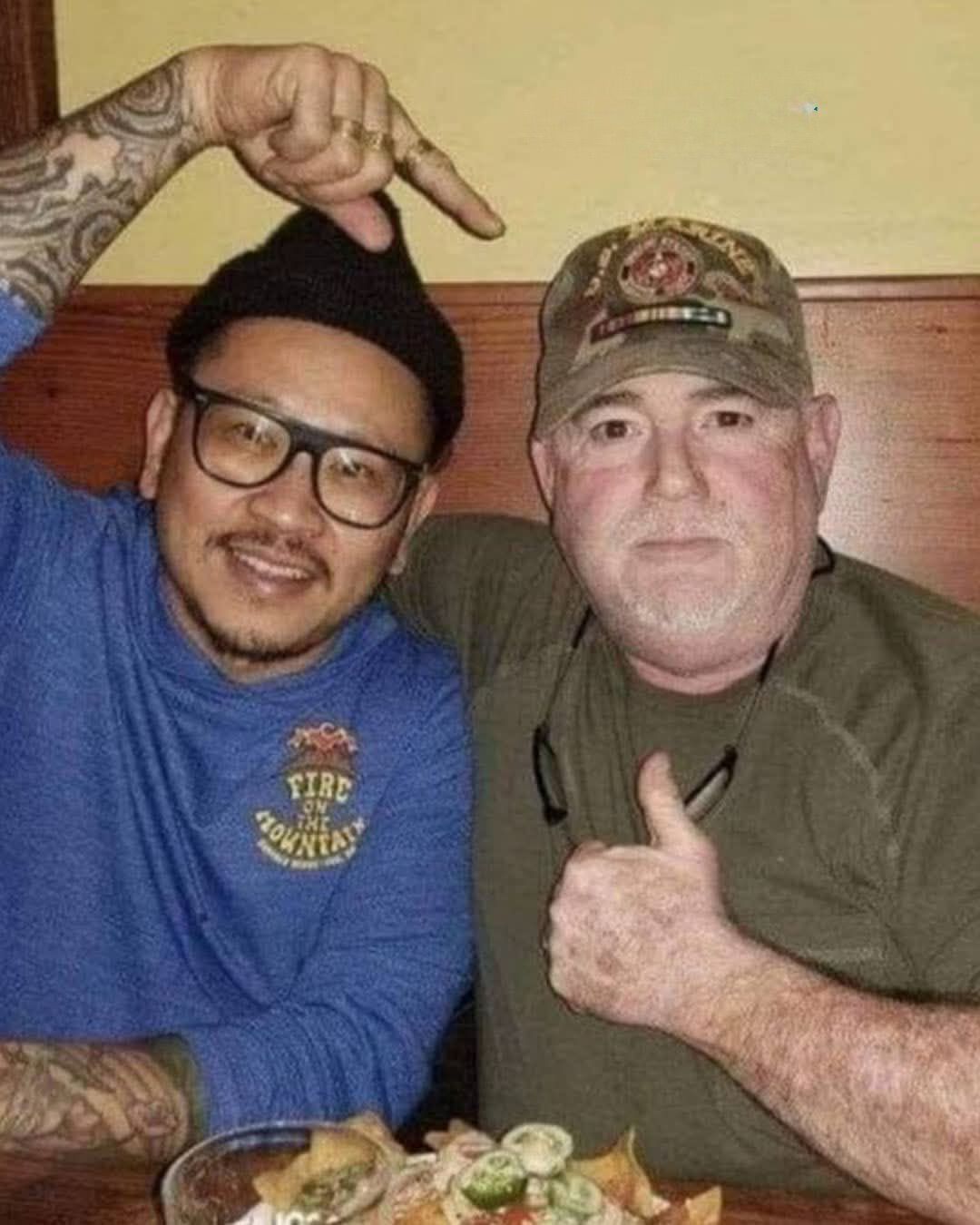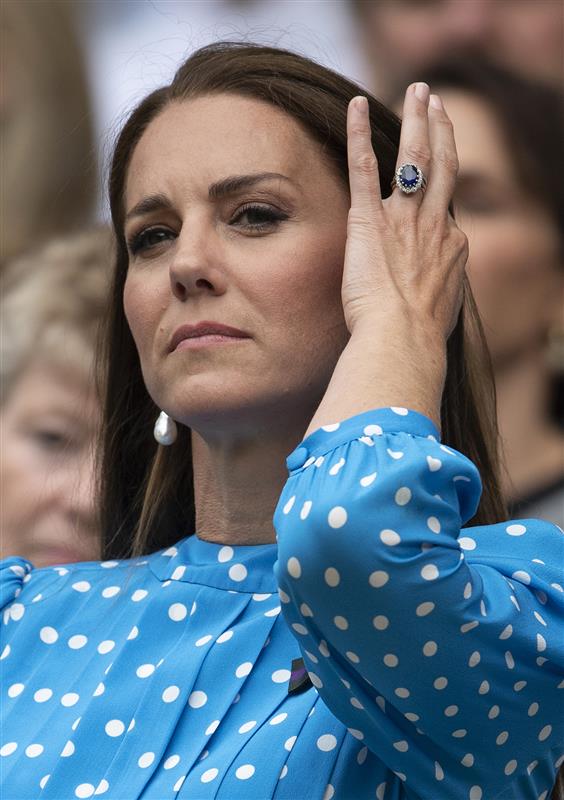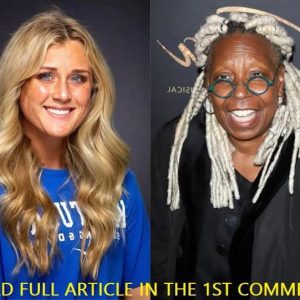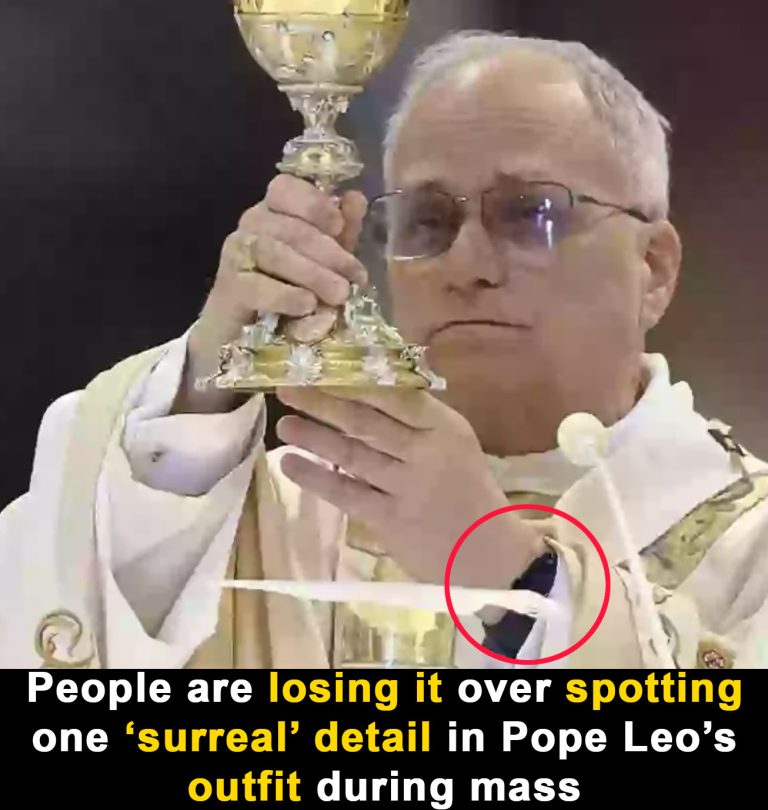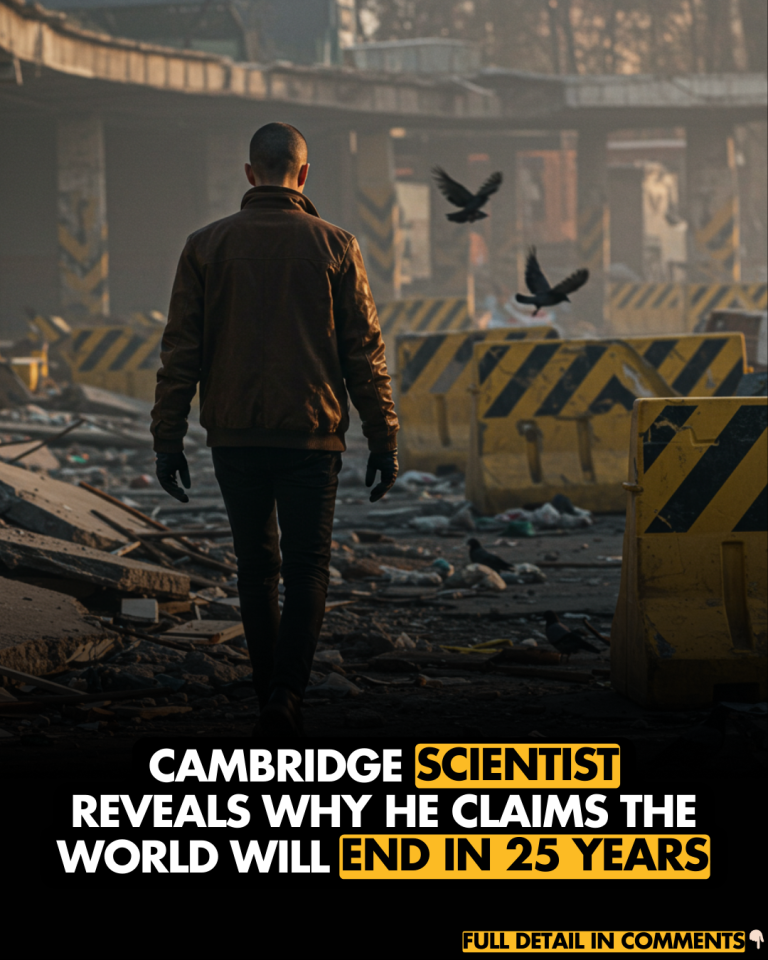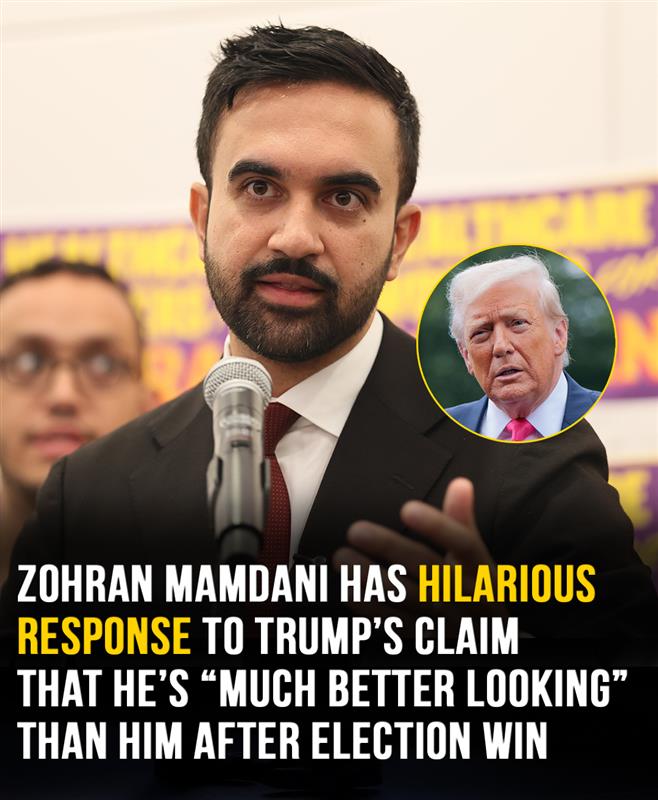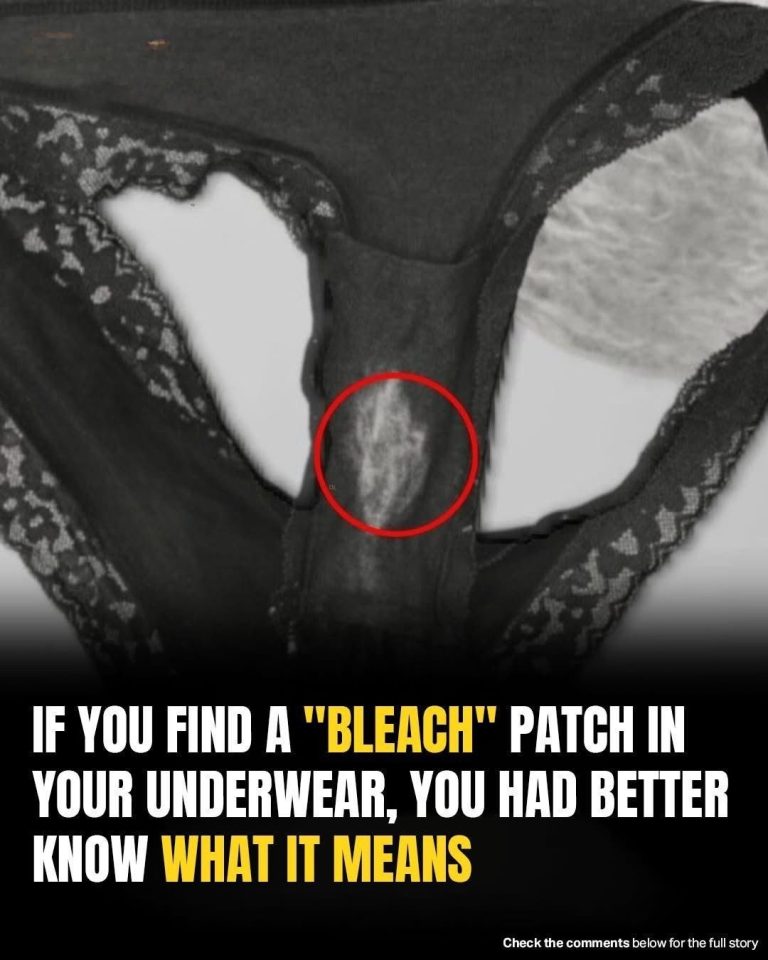I was one of John’s saved babies in Vietnam, but neither of us knew until now
John had been coming into my office for years. Same quiet routine. Same nod. One of those people you don’t really notice—until suddenly, you do.
Last week, I mentioned to him that my girlfriend and I were heading to Vietnam. Just casual conversation. But something in John changed. His expression softened, eyes clouding over with memory.
“I was there,” he said. “Fall of Saigon. Helped load orphaned children onto planes. We tried to save as many as we could.”
My heart dropped. I was one of those children. I told him so.
He froze. His hands stopped mid-motion on the counter. His eyes welled up. “Then I might’ve held you,” he whispered.
None of us spoke for a moment. I’d spent my life wondering about the people who helped me survive. And now—one of them stood right in front of me.
We talked for a while. He spoke about the chaos and heartbreak of that time. As he left, he gripped my shoulder. “I’ll sleep better tonight,” he said. “Knowing you made it.”
It felt like a beautiful, full-circle moment. But then John hesitated.
“There’s… something else,” he said softly.
He sat back down and rubbed his hands together like he was drawing up courage. Finally, he exhaled.
“I had a child there. In Saigon.”
I blinked. “You had a child?”
He nodded. “Her name was Linh. We fell in love when I was stationed there. We had a son. I tried to stay, to leave with them. But the city collapsed. I lost them. Searched everywhere. Nothing.”
He pulled out an old, faded photograph from his wallet. In it, a younger John held a baby, beside a woman with kind eyes.
“I never found them,” he said. “But I’ve never stopped hoping.”
Something in me stirred. A pull beyond coincidence.
“John,” I said quietly. “What if I helped?”
He looked stunned. “You mean… really?”
“I’m heading to Vietnam. I know people there who specialize in tracing families. If you give me the photo and whatever you remember, we might be able to find them.”
He choked back emotion. “You’d really do that?”
“Yes,” I said. “I would.”
He cried—gentle, grateful tears. For the next hour, we went over everything he remembered: the district Linh lived in, the hospital where his son was born, even how she braided her hair.
Once in Vietnam, I visited a researcher friend who worked with wartime family tracers. She took the photo and promised to do her best.
One week passed. Then two.
Finally, a call.
“We think we found someone.”
I could hardly breathe.
A man named Bao. His mother’s name was Linh. She used to speak of an American soldier who tried to take her and her child to safety. The pieces fit.
I went straight to the address. My hands shook as I knocked.
A man in his late 40s opened the door. He had Linh’s eyes—and John’s jawline.
“Bao?” I asked gently.
He looked at me cautiously. “Who are you?”
I handed him the photo. “I think this is your father.”
He stared at it for a long time, eyes wide, hands trembling.
“I’ve never seen this before,” he said. “My mom told me about him—how he tried to take us. That he loved us.”
“She was right,” I said. “He never stopped looking for you.”
I called John.
“I think I found him,” I told him.
A week later, John landed in Vietnam. I met him at the airport, then brought him to Bao’s home. When they saw each other, Bao’s eyes widened. He walked toward John slowly—then faster. They stopped just inches apart.
Then John opened his arms—and finally embraced his son.
They both cried, holding each other tightly. Decades of separation dissolved in a single moment.
Later, over coffee, they shared stories and memories. Bao gave John a photo of Linh, who had passed away years earlier. John touched her face in the picture with care.
“I never stopped loving her,” he whispered.
As I left Vietnam, the two of them were planning their first father-son trip to America.
And me? I had witnessed something extraordinary: a reunion decades in the making. A story rewritten. A family restored.
Sometimes, life brings us full circle—back to where we truly belong.
